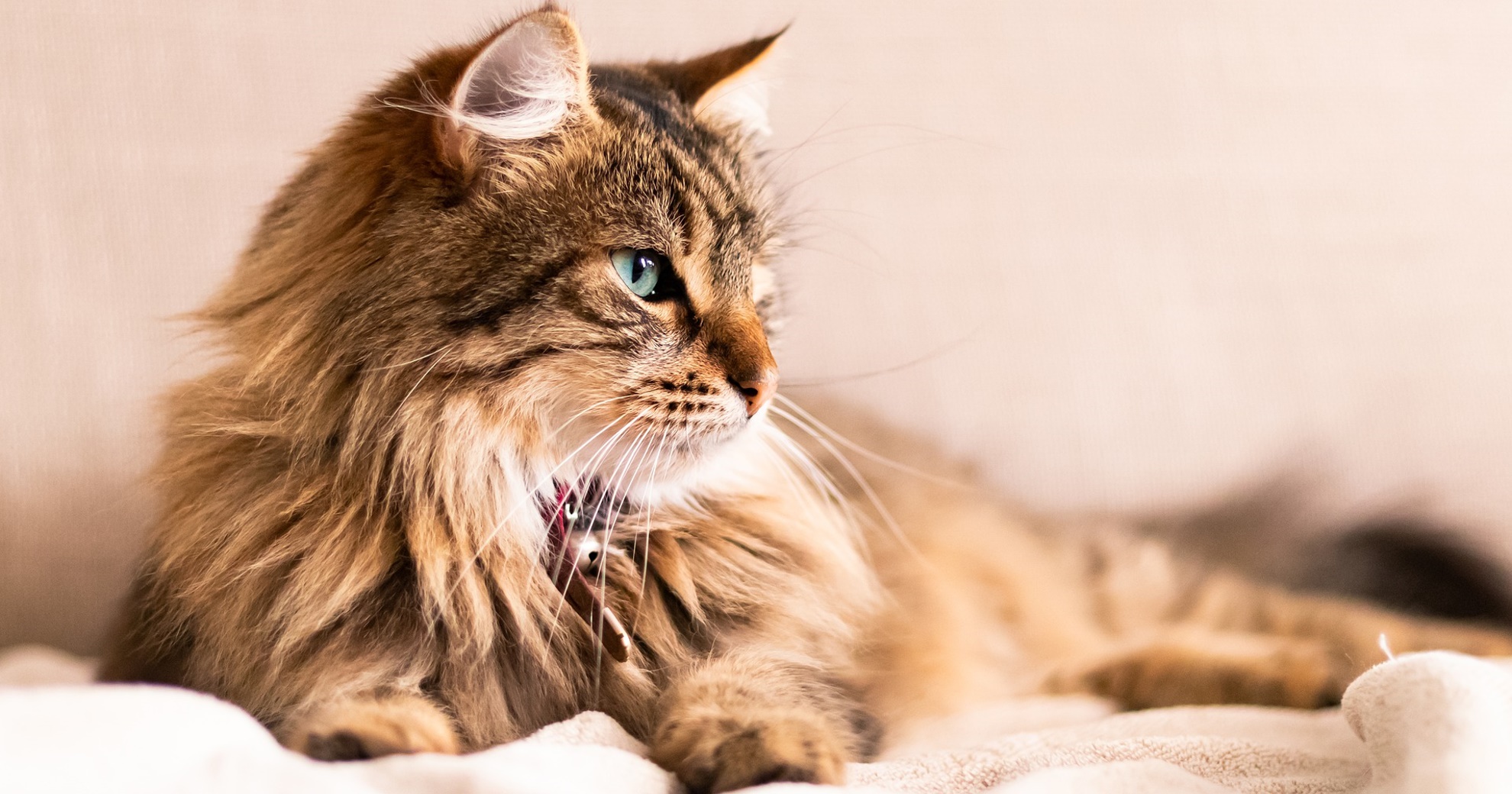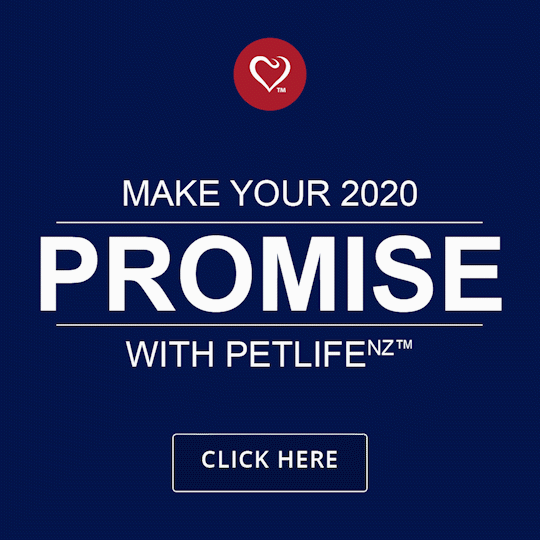HEALTH & WELLNESS

TRENDING
Why Does My Cat Drool?

Cats can drool for many reasons, some benign but some may be cause for further investigation.
Drooling or hyper-salivation can be a sign of contentment and relaxation, particularly if this occurs whilst your pet is kneading or purring. In kittens, kneading with paws stimulates milk let down during nursing and thus reinforces feelings of comfort, satiety and contentment. This behavioural association can carry forward into adulthood and are signs of a happy cat. Cats don’t typically salivate at the sight or smell of food but for some particularly food motivated cats this may occur.
Stressful and fearful situations can also trigger excessive salivation in some cats; car journeys and trips to the veterinarian can be classic triggers. The aforementioned are all perfectly normal feline responses to their environment, they are short lived, self-limiting and require no specific treatment.
Hyper-salivation may also be a sign of underlying illness or disease process, especially if it is in combination with other clinical signs. For example, bad breath, a preference for soft foods/reduced appetite, reduced grooming and sensitivity around the face may indicate dental disease or other oral issues. Like people increased salivation can be a sign of nausea or exposure to a toxin or an irritant.
If your cat is drooling and displaying other abnormal clinical signs, then it is best to get it checked out by your local veterinarian.
Written by Dr. Susanna Gamage BVSc MRCVS CVA (IVAS)
Related Articles









